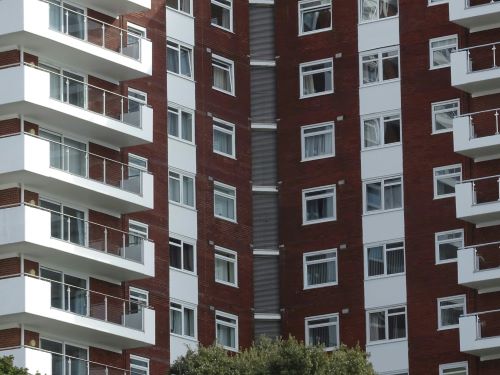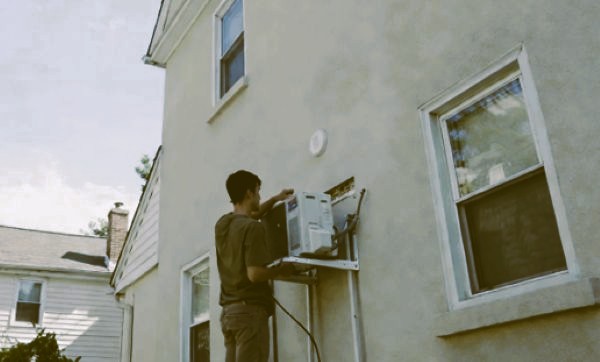

Managing an apartment block presents unique challenges and responsibilities that require a careful balance between the needs of the tenants and the operational requirements of the property. Whether you’re a property manager or a landlord, understanding the key considerations involved in managing an apartment block is essential for maintaining tenant satisfaction and ensuring the long-term success of the property.
Understanding Legal Obligations
One of the foremost considerations when managing an apartment block is adhering to legal obligations. This includes understanding the various laws and regulations that govern rental properties, which can vary significantly based on location. Familiarity with tenancy laws, health and safety standards, and fire regulations is paramount. Additionally, compliance with the Landlord and Tenant Act, as well as the Housing Health and Safety Rating System (HHSRS), ensures that the property is safe and habitable.
Effective Communication
Clear and effective communication is vital in fostering a positive relationship between the property management and tenants. Establishing an open line of communication helps in addressing concerns promptly and efficiently. Consider implementing regular updates, such as newsletters or notices, to keep tenants informed about building maintenance, upcoming events, or changes in management policies. A transparent communication channel encourages tenant engagement and can significantly reduce conflicts.
Maintenance and Repairs
Regular maintenance is crucial for the longevity of the apartment block and the satisfaction of its residents. This includes routine inspections, timely repairs, and proactive upkeep of communal areas and facilities. Establishing a clear maintenance schedule and a system for reporting issues can ensure that problems are addressed before they escalate. It’s also advisable to maintain a reserve fund for unexpected repairs to avoid financial strain on the property management. An important aspect of maintenance is ensuring that heating systems are working efficiently. If you are based in London, then you shouldn’t forget to book a regular HIU service London to ensure everything is working as it should be.
Financial Management
Sound financial management is essential in overseeing an apartment block. This involves budgeting for operational costs, including maintenance, utilities, and management fees, while also ensuring that rental income is effectively collected. Regular financial reporting and transparency in accounting can build trust with tenants and stakeholders. Additionally, understanding the market rates for rentals can help in setting competitive prices, maximising occupancy, and enhancing overall profitability.
Community Building
Creating a sense of community within the apartment block can lead to increased tenant satisfaction and retention. Organising social events or communal activities can encourage interaction among residents, fostering a supportive environment. A strong community not only enhances tenant experience but also promotes a sense of belonging, which can reduce turnover and vacancy rates.
Security Measures
Ensuring the safety and security of residents is a top priority for any apartment block manager. This includes investing in adequate security measures, such as CCTV, secure access systems, and adequate lighting in communal areas. Regularly assessing the security needs of the property and responding to tenant concerns about safety can enhance residents’ peace of mind.
Adapting to Changes
The property management landscape is constantly evolving, influenced by changing regulations, market trends, and tenant expectations. Being adaptable and open to change is essential for successful management. Staying informed about industry best practices, emerging technologies, and tenant preferences can help managers implement innovative solutions that enhance operational efficiency and tenant satisfaction.


